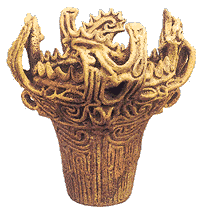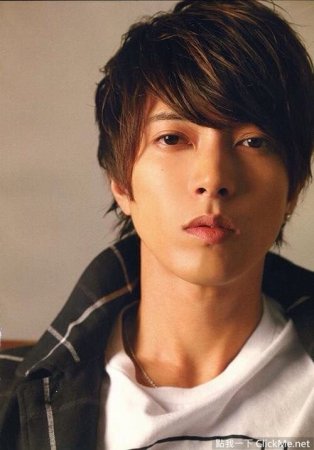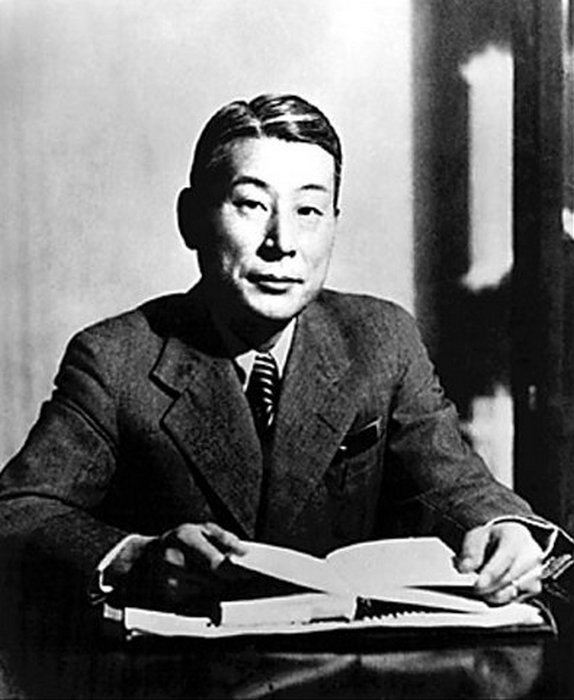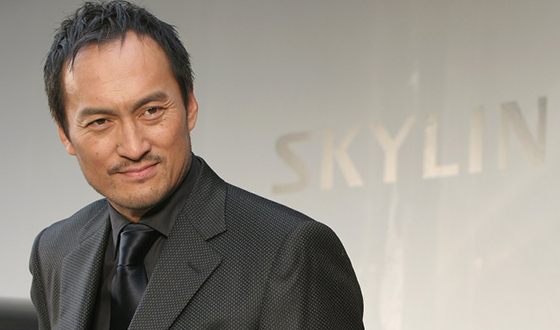Connery learned
How Japanese Schindler in the USSR saved thousands of Jews from concentration camps: Tiune Sugihara
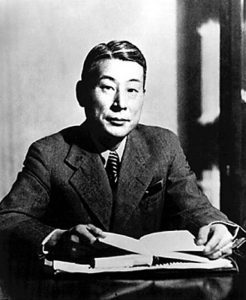 Thanks to the 1993 Oscar-winning film directed by Stephen Spielberg, the whole world learned the story of Oscar Schindler, a German businessman and member of the Nazi party who saved hundreds of concentration camp Jews during the Holocaust. But even today, few have heard of the Japanese Tiune Sugihara, a Japanese diplomat who worked in the Lithuanian consulate in 1940 and repeated Schindler’s feat.
Thanks to the 1993 Oscar-winning film directed by Stephen Spielberg, the whole world learned the story of Oscar Schindler, a German businessman and member of the Nazi party who saved hundreds of concentration camp Jews during the Holocaust. But even today, few have heard of the Japanese Tiune Sugihara, a Japanese diplomat who worked in the Lithuanian consulate in 1940 and repeated Schindler’s feat.
This story, which can be called one of the most striking in the history of the war, is rarely mentioned even in historical reports on the events of the Holocaust.
In 1940, Sugihara worked as Japan’s Vice Consul in Kaunas, which was then the capital of Lithuania. The city had a large and prosperous Jewish community of about 30,000 people. Between 1939 and 1940, the number of Jews in the city increased by several thousand people fleeing persecution in Nazi-occupied Poland. The refugee stories of the horrors that befell the Jews under Nazi rule literally forced blood to be washed away in the veins of local residents. Continue reading
How Samurai’s son Matsuo Basho glorified the Japanese three-song haiku all over the world
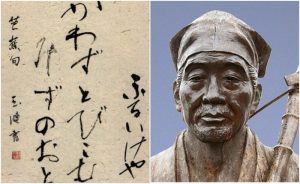 Haiku (hoku) remains popular largely due to the fact that it perfectly conveys the subtexts of the funny, allows you to achieve funny understatement – a couple of expressive touches, a reference to the mysterious oriental nature – and the joke is ready. But when the haiku, which was originally called “hoku”, appeared in Japanese culture, his role was just that – comic. But thanks to the poet Matsuo Basho, the haiku genre has risen to the very heights of Japanese art – it turned out that “the haiku space is infinite and can contain the whole world”, in the words of another famous haiku author, or haijin, Masaoka Shiki.
Haiku (hoku) remains popular largely due to the fact that it perfectly conveys the subtexts of the funny, allows you to achieve funny understatement – a couple of expressive touches, a reference to the mysterious oriental nature – and the joke is ready. But when the haiku, which was originally called “hoku”, appeared in Japanese culture, his role was just that – comic. But thanks to the poet Matsuo Basho, the haiku genre has risen to the very heights of Japanese art – it turned out that “the haiku space is infinite and can contain the whole world”, in the words of another famous haiku author, or haijin, Masaoka Shiki.
The roots of Japanese poetry, as befits everything that this culture is famous for, go back to the deep past. Continue reading
Did Jesus really escape execution, get married and live in Japan: Museum in the village of Shingo
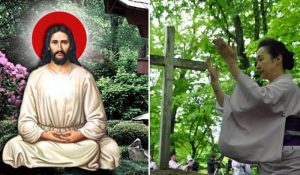 650 km north of Tokyo you can find the tiny village of Shingo, which locals consider the last refuge of Jesus Christ. Allegedly among the quiet hills of this place forgotten by God, the Christian prophet lived like an ordinary farmer, growing garlic. He had three daughters and lived in a Japanese village until 106 years old. All this, as well as many other interesting facts, is described in the local Museum of Jesus. Who knows, maybe today you can run into several of his descendants right on the street …
650 km north of Tokyo you can find the tiny village of Shingo, which locals consider the last refuge of Jesus Christ. Allegedly among the quiet hills of this place forgotten by God, the Christian prophet lived like an ordinary farmer, growing garlic. He had three daughters and lived in a Japanese village until 106 years old. All this, as well as many other interesting facts, is described in the local Museum of Jesus. Who knows, maybe today you can run into several of his descendants right on the street …
Shingo is located in Aomori Prefecture, and its population is about 2500 people. Near the alleged grave of Christ are other popular tourist attractions – a car race track, a stunning pyramid and the so-called “Big Rock”. However, tourists still travel to Shingo primarily to see the place where Jesus lived another Continue reading
